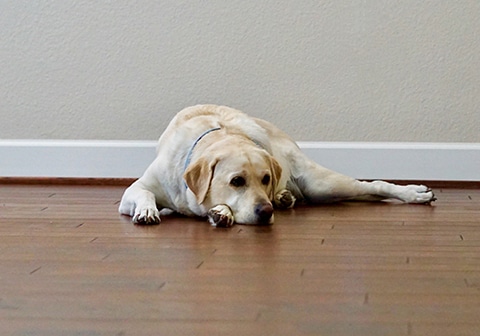Moving is stressful. It’s often compared to having the same levels of personal stress as losing a loved one. It brings on feelings of anxiety about the unknown, panic over how much has to be done in a short space of time, and concern over whether you’ll make it… to name only a few of the feelings people experience. So how do you cope with moving stress? Here is some information, ideas and tips to get you through.
1. Moving is disruptive
Moving also brings on depression. It even has its own name: relocation depression. And it’s more common than you might think. Common symptoms are feelings of sadness, irritability, fatigue, no sense of pleasure, loss or increase of appetite, disturbed sleep, and difficulty concentrating. There are many reasons people experience relocation depression, but ultimately, it happens because moving homes is disruptive to our personal lives.
2. These feelings are usually temporary
Nobody likes getting their life turned upside-down, even if it’s temporary. The first thing to remember is that in most cases, the relocation depression and stress you’re feeling is temporary. For most people, the feelings go away a few weeks after moving. If they persist, it’s wise to talk to your doctor or a counsellor experienced in helping people cope with stress.
3. Self-help for coping with stress
One of the biggest causes of stress around moving time is the way it throws us out of our normal routine. It takes time away from the activities we enjoy and that make us feel good in ourselves. It’s important to continue those activities, even if you can’t spend as much time doing them every day.
Here are some other tips for coping:
- Get enough sleep
- Eat good food
- Get enough exercise
- Meditate
- Spend time in a relaxing environment
4. Plan every aspect of your move
Uncertainty is one of the biggest contributors to depression, and moving house throws us in the deep end of these feelings. Planning takes away a large amount of uncertainty. It gives you a new routine, helps you stay on track, and provides a sense of achievement as you tick tasks off your list. If you feel like you’re in control of your move, you’ve taken the biggest and best step toward conquering depression.
5. Ask for help
Always ask for help, not just when you’re feeling that the move is getting on top of you, but through every aspect of your move. Delegate tasks to other family members to spread the load, call on friends for help, and if you feel like you’re overloaded, call in the pros.
Many people try to do as much of the move themselves to save money. We understand. Moving comes at a cost. But maintaining good mental health is priceless. You might be surprised how little it costs to save yourself from a lot of unnecessary stress by letting the professionals take the burden off your hands.
